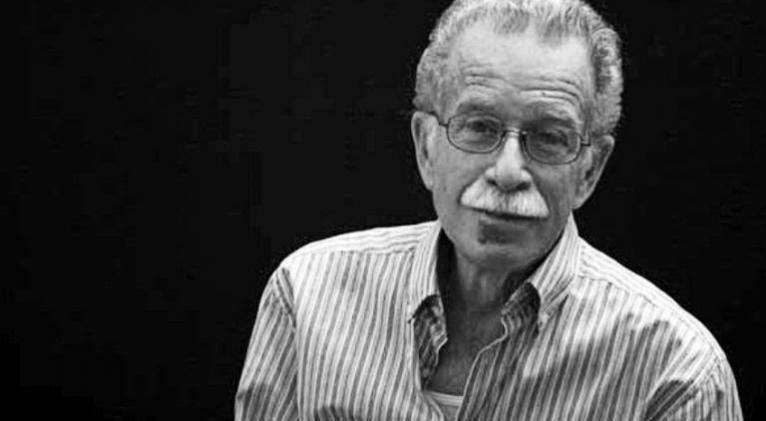Great Eduardo Arrocha, National Dance Award
especiales

At the Avellaneda hall in the National Theater of Cuba, a stage that has often served as the venue to his creations; in a Contemporary Dance of Cuba’s performance —his company— the company to which he has devoted a good part of his prolific work, and in front of hundreds of friends, co-workers, and followers, designer Eduardo Arrocha has been awarded the 2022 National Dance Award.
He has deserved so for his extraordinary contributions to the visual heritage of Cuban dance. Few in the whole group of Cuban designers have been protagonists of so many milestones in performing arts. Few have found that perfect symbiosis between movement and plastic framework. Arrocha is a classic.
Very close collaborator of maestro Ramiro Guerra, he was one of the main references of the great movement of Cuban modern dance. That duo achieved a perfect confluence in the creative processes they embraced. And they achieved it from an intense dialogue and a shared notion of culture.
Maestro Isidro Rolando, another pioneer, has said: Ramiro created Cuban modern dance and Arrocha put color into it.
Some of his works explored unchartered waters for scenic design in Cuba, such as the famous Medea and the slavers, by Ramiro, who broke with conventions of stage representation.
Arrocha was also the designer of great classics, such as Súlkary or Okantomí, by a famous namesake: Eduardo Rivero.
But Arrocha did more. There is no major Cuban dance company that has not been positively impacted by his work. One of the most celebrated designs for Swan Lake, by the National Ballet of Cuba, is his own. Or Giselle, which deserved the Grand Prix of Villa de Paris. And he also designed for the National Folkloric Ensemble, the Ballet of Camagüey, for musical shows and everything related to theater. It is not a coincidence that he also deserved the National Theater Award.
The standing ovation that was given to him on Sunday at the National Theater is a very fair recognition to a man who has devoted himself to dance, without dancing. Although he has half-jokingly said it before, he considers himself just another dancer.
Translated by Sergio A. Paneque Díaz / CubaSí Translation Staff














Add new comment